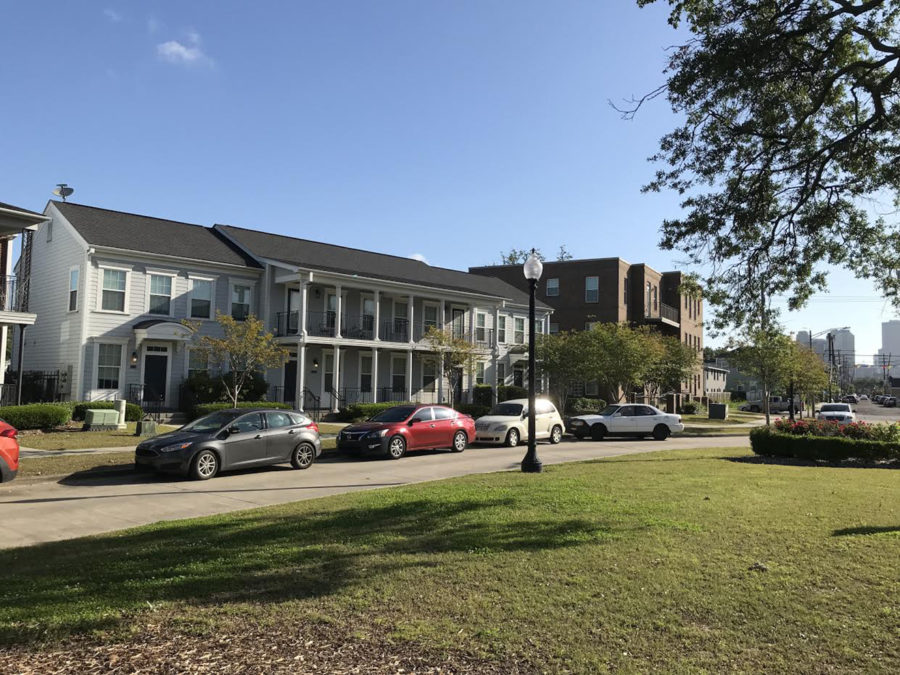Report reveals New Orleans missed opportunities to solve segregation
April 21, 2018
Post-Hurricane Katrina, New Orleans had an opportunity to remedy centuries of housing policies that had resulted in an extreme racial disparity in the city — an opportunity they missed according to a new report released by The Data Center.
Released earlier this month, the report titled, “Rigging the Real Estate Market: Segregation, Inequality, and Disaster Risk,” examined the history of housing policies in New Orleans and focused on how they have resulted in the segregated neighborhoods we see today.
Robert Collins, professor of urban studies and public policy at Dillard University and one of four authors behind the report, stated the findings of the report are shocking.
“It’s surprising, the levels of segregation that still exist in New Orleans today,” Collins said.
The critical report pointed to centuries of systematically racist policies from slavery to the Jim Crow era, to post-Katrina policies for causing the problem.
The report showed that it stems from both the government and the private sector. The separation of blacks and whites in housing and refusals to loan to financially at-risk neighborhoods, many of which were predominately black, added to the segregation conflict in the 1930’s.
“It’s an issue we see throughout the United States,” Collins said. “The disparity we see exists in every city, but it is certainly more acute in the South and even more pronounced in the city of New Orleans than in other U.S. cities.”
Describing Hurricane Katrina as a “missed opportunity,” Collins said the rebuilding efforts gave the city a blank slate and an opportunity to put equitable policies in place. Ultimately, that wasn’t done according to Collins.
Most significantly, the report said the post-Katrina road home grants that were federally-funded and imperative in the rebuilding effort were based on home values, automatically putting black residents at a disadvantage.
The report describes the program as “a bad deal for black residents who had been systemically pushed into isolated neighborhoods where homes had lower values.”
And while critical of those policies introduced over a decade ago, the report also highlights policies as recent as 2018 for not only failing to address the issue but for exacerbating it.
The report shared the fear that the city is reverting backwards, rather than making progress towards inclusion. Namely, it gave reasons that the “City government has failed to require developers to include any affordable housing units in an up-and-coming neighborhood on high ground,” and that the “state is currently considering a bill that would prohibit local governments from acting to remediate historic segregation through inclusionary zoning measures.”
The report called instead for new housing policies to be introduced to create inclusion in the New Orleans housing market. Changes, the report said, that would be appropriate to make given 2018 is the year of the New Orleans tricentennial.
The authors expressed hope in the 2016 Assessment of Fair Housing plan that outlined strategies for making housing options in the city more equitable, but insisted that further policy changes would be needed to remedy the centuries of racial segregation in the housing market.
Collins said the impending change of city council will bring about the necessary policies to remedy the issues unveiled in the report.
Describing himself as “hopeful,” Collins said that “often political change will bring a new perspective” but insisted that it can’t be left to the free market alone to solve.
Collins said that once Mayor-elect Latoya Cantrell takes office in May, it will be up to her and the new city council to take initiative to confront racial disparity in housing.
“If the problem becomes more severe we are going to begin to lose the working class and if left unsolved people won’t be able to live here anymore,” he said.







